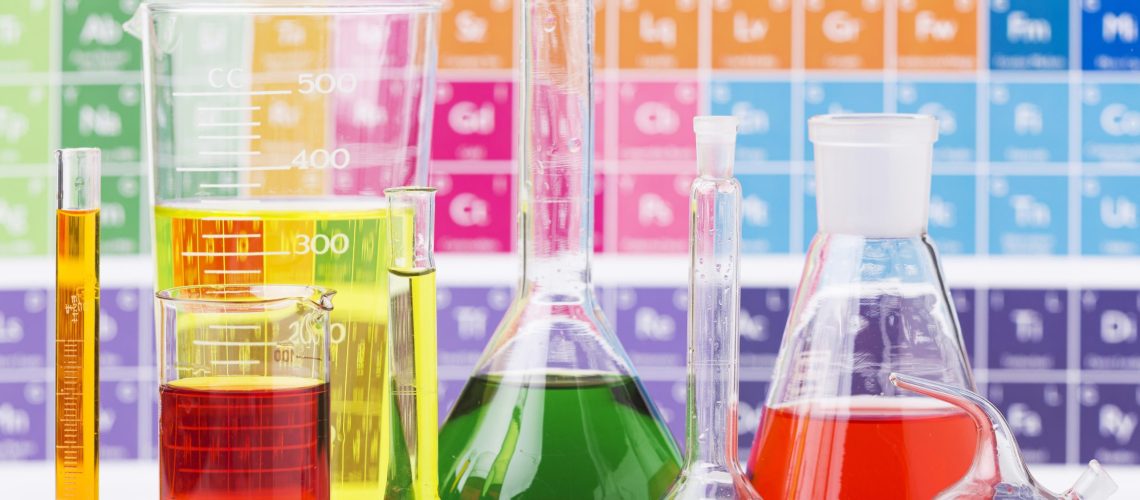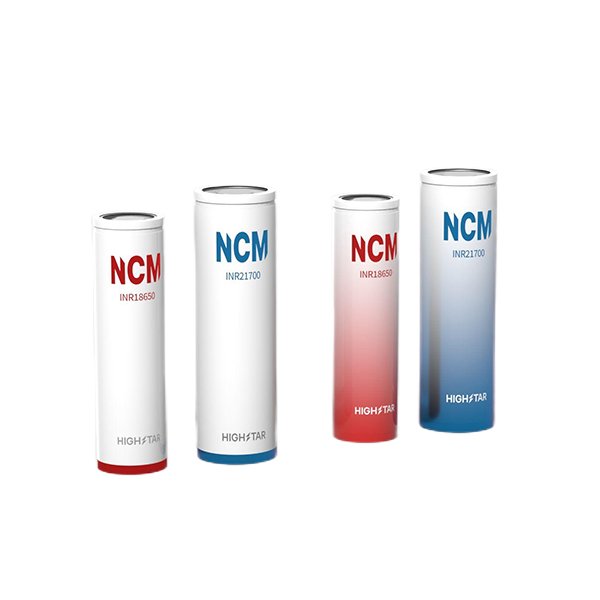Chemical burns can be a painful and distressing experience, often accompanied by the bothersome symptom of skin itching. While it may seem counterintuitive for burned skin to itch, there are underlying mechanisms at play that contribute to this sensation. In this blog post, we will delve into the reasons why your skin may itch when you have a chemical burn, exploring the physiological processes, nerve responses, and inflammatory reactions that occur. By understanding these mechanisms, we can gain insights into effective strategies for managing and alleviating itchiness in chemical burns.
- The Role of Nerve Fibers:
Chemical burns trigger a cascade of events that activate nerve fibers in the skin. These nerve fibers, known as C-fibers and A-delta fibers, are responsible for transmitting sensory signals, including pain and itch, to the brain. When exposed to chemicals, these fibers become sensitized, leading to an increased perception of itchiness. - Inflammatory Response:
Chemical burns induce an inflammatory response in the skin, characterized by the release of various chemical mediators. Histamine, cytokines, and prostaglandins are among the key players in this process. These substances can directly stimulate itch receptors, triggering the sensation of itching in the affected area. - Neurotransmitters and Itch Sensation:
Neurotransmitters, such as serotonin and substance P, play a crucial role in transmitting itch signals within the nervous system. In chemical burns, the release of these neurotransmitters is heightened, intensifying the itch sensation. Understanding the interplay between these neurotransmitters and the nerve fibers can provide insights into potential targets for itch relief. - Nociceptors and Itch:
Nociceptors, specialized nerve endings that detect harmful stimuli, are closely linked to itch sensation. Interestingly, these nociceptors can release neuropeptides that not only transmit pain signals but also contribute to itchiness. The activation of nociceptors in chemical burns can thus lead to a complex interplay between pain and itch sensations. - Psychological Factors:
Psychological factors, such as stress and anxiety, can exacerbate itchiness in chemical burns. The brain's response to stress can modulate itch perception, leading to a heightened sensation of itchiness. Managing stress levels and employing relaxation techniques may help alleviate itchiness in chemical burns.
Conclusion:
The itching experienced in chemical burns is a multifaceted phenomenon, involving nerve sensitization, inflammatory responses, neurotransmitter interactions, nociceptor activation, and psychological factors. By understanding these underlying mechanisms, we can develop targeted approaches to manage and relieve itchiness in chemical burns. From topical treatments to systemic interventions, a comprehensive approach that addresses both the physical and psychological aspects of itch can provide much-needed relief for individuals dealing with chemical burn-related itchiness.



